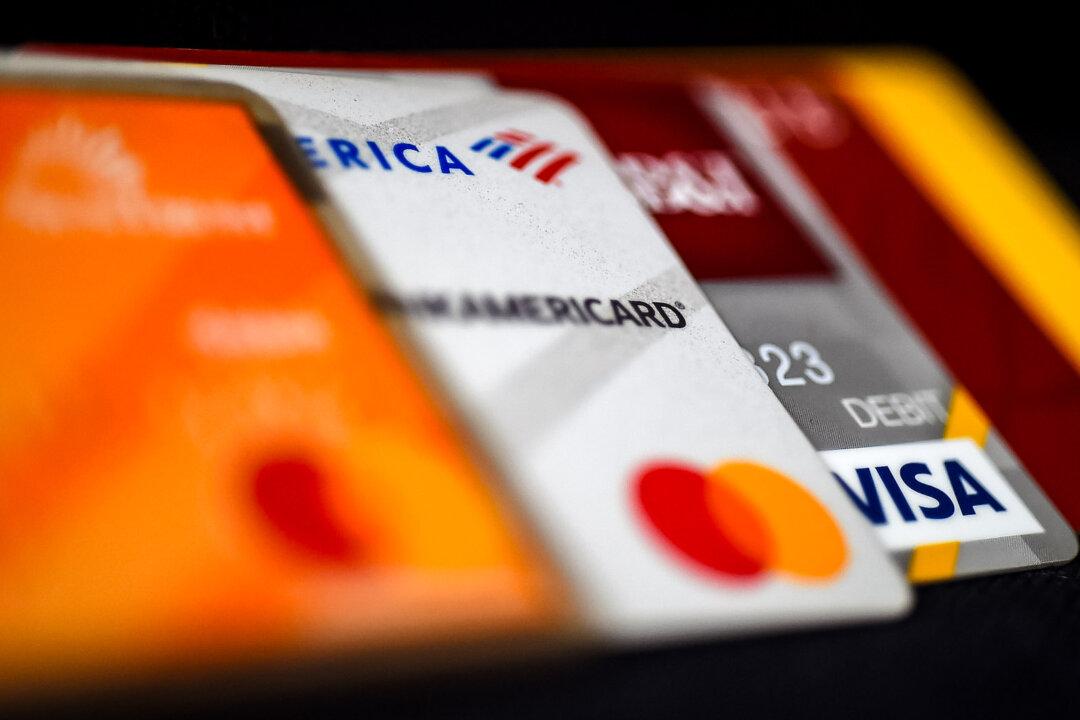Former President Donald Trump has proposed a 10 percent temporary cap on credit card interest rates, which have spiked in recent years.
According to LendingTree data, the average interest rate on new credit card offers is nearly 25 percent. Other cards carry higher rates, such as retail credit cards that charge holders an all-time high of 30.45 percent.





